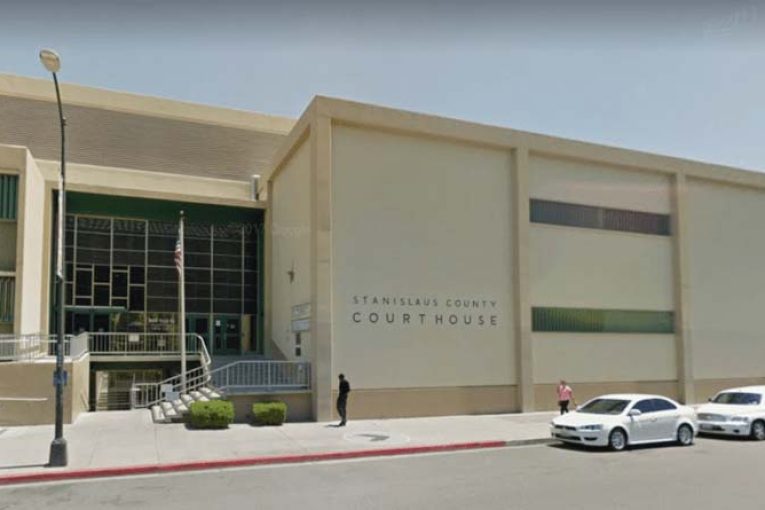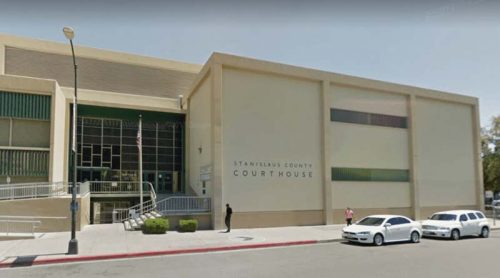

By Cynthia Hoang-Duong and Yenah Lee
MODESTO, CA – Judge Carrie Stephens decided to reduce the accused’s felony conviction to a misdemeanor but postponed a ruling on the defense petition for relief during a hearing to consider a motion to dismiss the case in Stanislaus County Superior Court this week.
The prosecution charged the accused with a felony offense after he was involved in a drunk driving case that hospitalized the alleged victims.
Tuesday morning, the accused appeared in court, informing the judge that he was willing to comply with the court’s request and had maintained his sobriety but had no evidence.
When Judge Stephens requested he provide evidence, such as clean 80-hour alcohol tests or declarations from close individuals attesting to his sobriety, the accused immediately responded that he has family members and coworkers who can write letters.
The accused stressed a felony conviction obstructed his ability to work, noting, “I’ve always worked with kids. I couldn’t work with kids with the felony … I just want to get back into working and teaching.” Despite his hopes of returning to work, the accused worried that the felony would prevent him from regaining his credentials.
While the judge acknowledged his desire to work again, she expressed her concerns about the accused’s circumstances and the interest of justice, including his public safety risk because of the drunk driving incident.
“I have two concerns to worry about: you and the interest of justice,” asserted Judge Stephens.
After speaking with the accused, she turned her attention to the prosecution, asking whether the DA Office had contacted the alleged victims. The deputy district attorney responded they had not.
To account for the injuries from the DUI case and the accused’s circumstances, the judge suggested he undergo 80-hour alcohol tests for three months to attest to his sobriety, adding this would provide the prosecution time to contact the victims for their statements before she ruled on the motion to dismiss.
The deputy public defender also suggested the accused could provide evidence of his sobriety by using either a Secure Continuous Remote Alcohol Monitor (SCRAM) device or BACTrack, an app-based breathalyzer that is more affordable. The judge agreed to either suggestion.
Judge Stephens decided to partially rule and grant relief to reduce the felony to a misdemeanor before ordering the accused to submit evidence of his sobriety at the following court date, including additional affidavits from close individuals.
She noted she was not denying the defense request for dismissal but delaying her ruling until the next court date, Nov. 30.